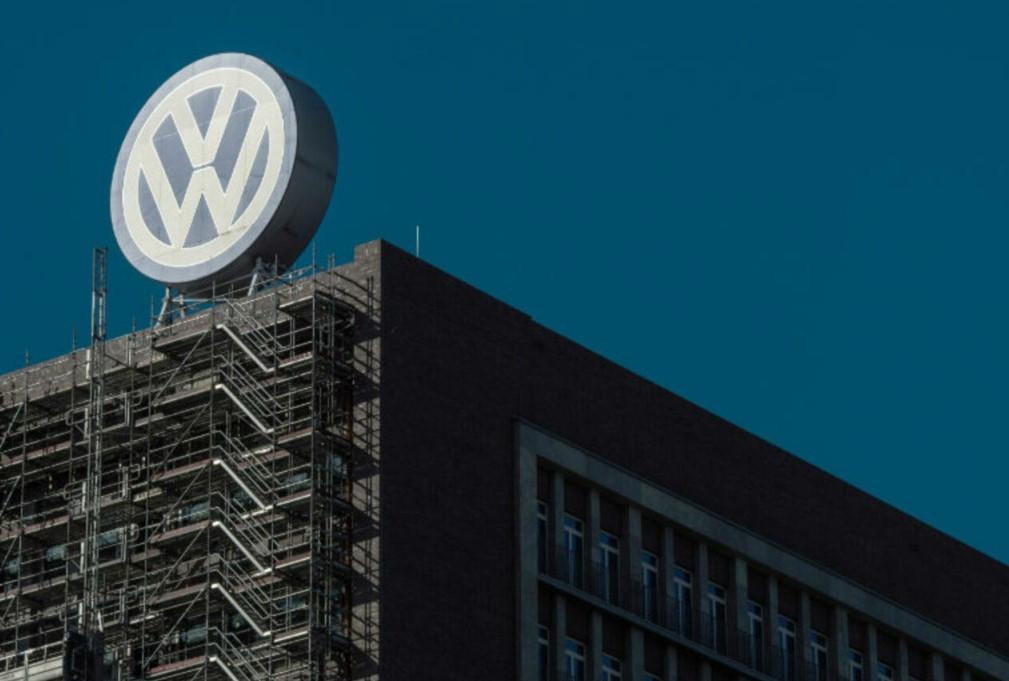VW accused of ‘slavery’ practices under Brazil dictatorship
BERLIN

Germany’s Volkswagen Group faces accusations of “slavery” practices in Brazil during the South American country’s military dictatorship in the 1970s and 80s, German media said.
Volkswagen has been summoned to appear before a labour court in Brasilia on June 14, following a notification sent by the local judiciary on May 19, ARD public television and the Sueddeutsche Zeitung daily reported.
The case covers the period from 1974-1986, when the dictatorship was in full flow to just after it ended. The military reigned in Brazil between 1964 and 1985.
Former VW employees have been seeking compensation for several years.
According to the reports, the Brazilian judiciary is examining complaints that allege the car manufacturer used “slavery-like practices” and “human trafficking”, and accuse the group of having been complicit in “systematic human rights violations”.
At the time, the German group had planned to build a large agricultural site on the edge of the Amazon basin for the meat trade.
Hundreds of day labourers and temporary workers were recruited for deforestation work on 70,000 hectares (173,000 acres) via intermediaries, but probably with the consent of the manufacturer’s management, German media reported.
According to the German reports, the workers were sometimes subjected to abuse and violence by intermediaries and armed guards. There are also claims of mistreatment of workers who tried to escape and even suspicious disappearances.
One worker’s wife was raped as punishment. Another woman claims her child died as a result of violent abuse.
In 2020, Volkswagen signed a historic deal with state and federal prosecutors in Brazil to pay 36 million reais (worth $6.4 million at the time) in compensation for its part in the atrocities of that era.
Former workers at Volkswagen’s Brazilian unit and their families said then the company’s security office collaborated with Brazil’s secret police to identify suspected leftist opponents and union leaders, who were then detained and tortured.
















